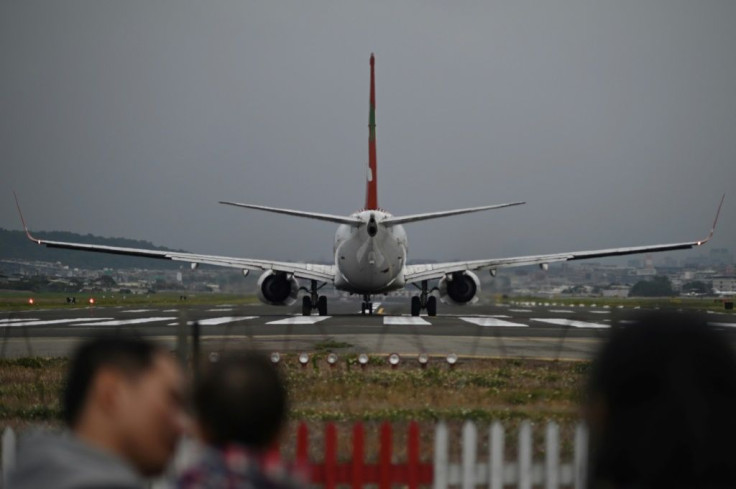Taiwan Probes Massive Visa Scams Involving Chinese Visitors

Taiwanese prosecutors have launched an investigation into travel agencies and civil groups that reportedly forged documents to help Chinese officials visit Taiwan, sparking concerns over potential national security breaches.
Taipei district prosecutors office said ten suspects were questioned and five locations raided on Wednesday on suspicion of falsifying identities for Chinese citizens to visit the island on "professional exchange" permits.
Prosecutors declined to disclose details of an ongoing probe.
But local media cited investigation sources as saying that around 5,000 mainlanders are believed to have come to Taiwan via the scams since 2017, including many officials.
The Liberty Times reported that one man set up a dozen civil associations that only operated on paper and then collaborated with travel agencies to help mainland government employees enter Taiwan.
The paper said one of the travel agencies was run by the son of a former gangster who set up a small political party pushing for Taiwan's unification with China.
The Apple Daily also cited unnamed sources as saying that at least two of the visitors were from United Front departments on the mainland, the party-controlled organisations that produce propaganda encouraging Taiwan to become part of China.
Beijing sees self-ruling, democratic Taiwan as part of its territory and has vowed to one day take it, by force if necessary.
The two sides have spied on each other since 1949, when nationalist troops fled to the island and set up a separate government after losing a civil war on the mainland to communist forces.
Beijing loathes President Tsai Ing-wen's Democratic Progressive Party and has cut off official communication with Taipei since her 2016 election because her party has refused to accept that Taiwan is part of "one China".
Taiwan is gearing up for new elections in January, with Tsai seeking a second term against a challenger who favours warmer ties with China.
Under Taiwanese regulations, visits by Chinese government or military officials require prior government approval.
The National Immigration Agency said Chinese visitors violating the rules may have their entry permits revoked and be barred from future travel. Local travel agencies face fines or business license suspensions.
The case comes as allegations swirl over Chinese spying and influence operations ahead of the elections.
Last month a Chinese man in Australia made explosive claims to the media that he was a spy who had defected.
Wang Liqiang said he knew the identities of China's senior military intelligence officers in Hong Kong and took part in covert influence operations there, as well as in Taiwan and Australia.
After his claims, two directors of the Hong Kong-based company Wang claimed to work for were stopped from leaving Taiwan last month on suspicion of violating national security laws.
China has denied the claims and accused 26-year-old Wang of being an unemployed fraudster and fugitive.
© Copyright AFP 2024. All rights reserved.




















